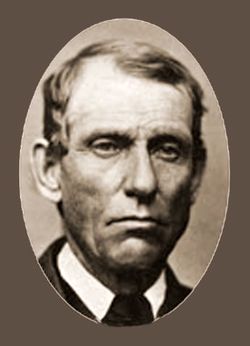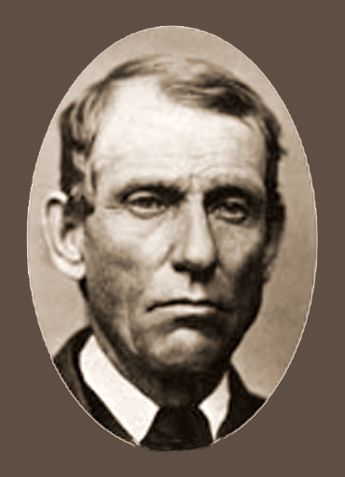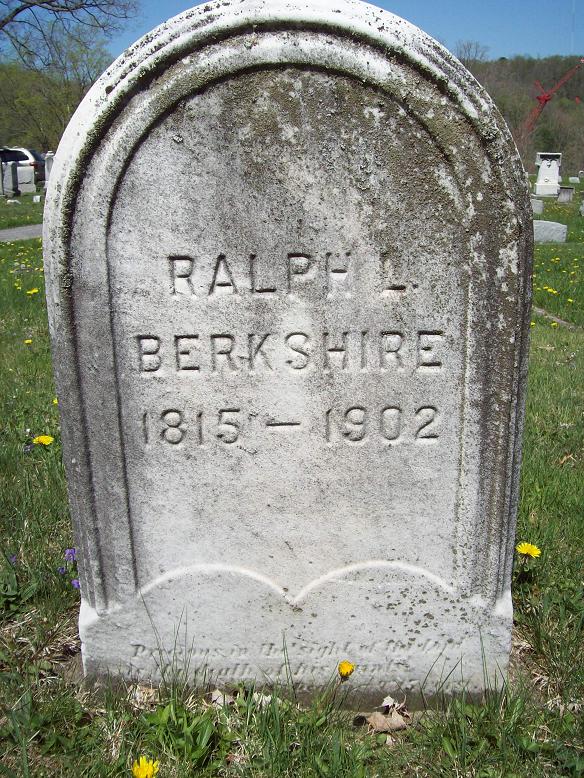[RALPH LAZIER BERKSHIRE.
THE late Col. Benjamin H. Smith, of Charleston, himself one of the few really great lawyers of Virginia, once said to the writer that he regarded Judge Berkshire one of the clearest-headed jurists West Virginia had ever produced. His ability as a judge lay in clearness of expression and his power to see the real point in a case. It can be truthfully said of the subject of this sketch, as has been said of Odillon Barrot, the famous French lawyer: "His real strength lay in matters which he could lift into events of paramount importance by referring them to the broad principles on which all systems of social order or policy are based." Not only is Judge Berkshire clear and logical in expression, but he is at the same time, sincere, earnest and honest--these, too, are essential elements in the make-up of a judge. In the West Virginia Reports and I mean no disrespect to many others, who at different times have adorned the Supreme Bench of our State-the line of decisions rendered by Judge R. L. Berkshire are among the clearest and best that are recorded in the whole of the thirty volumes thus far published.
Judge Berkshire was born April 8, 1816, in Bedford county, Pennsylvania. His father came to Monongalia county, Virginia, the following year, where he died in 1860. Ralph lived with his father on the farm until he reached his eighteenth year when he went to Morgantown and worked for a number of years at the carpenter's trade. He began the study of the law in 1838, and in 1841 was admitted to the bar. He was appointed Prosecuting Attorney of Monongalia county in 1847, and in 1852, he was elected by the people to the same position. In 1861, he was the candidate of the Whig party for Circuit Judge against Judge G. W. Thompson, of Wheeling, but was defeated. He was an ardent opponent of secession, throwing into the contest all his energies and abilities to preserve the Nation intact. He was a delegate to the Wheeling Convention in June 1861, which was called to oppose the effort then making to carry Virginia into the whirlpool of rebellion. During that year he was elected judge of the Twentieth Judicial Circuit over his former competitor, Judge Thompson. He acted in this capacity until June, 1863, when he was elected one of the three Supreme Judges of the Court of Appeals of the State, serving until 1867, a large part of the time as President of the Court. He was elected to the West Virginia Senate in 1874, from the district composed of Preston and Monongalia counties, and remained in that position the full term of four years. In 1888, he was a delegate-at-large to the Republican National Convention at Chicago.
With the exception of the six years in judicial office, Judge Berkshire has devoted practically all his mature life to the practice of his profession. Although past his allotted "three score years and ten," he is still engaged in active practice where he has spent more than half a century-in the staid, old town of Morgantown.]
[RALPH LAZIER BERKSHIRE.
THE late Col. Benjamin H. Smith, of Charleston, himself one of the few really great lawyers of Virginia, once said to the writer that he regarded Judge Berkshire one of the clearest-headed jurists West Virginia had ever produced. His ability as a judge lay in clearness of expression and his power to see the real point in a case. It can be truthfully said of the subject of this sketch, as has been said of Odillon Barrot, the famous French lawyer: "His real strength lay in matters which he could lift into events of paramount importance by referring them to the broad principles on which all systems of social order or policy are based." Not only is Judge Berkshire clear and logical in expression, but he is at the same time, sincere, earnest and honest--these, too, are essential elements in the make-up of a judge. In the West Virginia Reports and I mean no disrespect to many others, who at different times have adorned the Supreme Bench of our State-the line of decisions rendered by Judge R. L. Berkshire are among the clearest and best that are recorded in the whole of the thirty volumes thus far published.
Judge Berkshire was born April 8, 1816, in Bedford county, Pennsylvania. His father came to Monongalia county, Virginia, the following year, where he died in 1860. Ralph lived with his father on the farm until he reached his eighteenth year when he went to Morgantown and worked for a number of years at the carpenter's trade. He began the study of the law in 1838, and in 1841 was admitted to the bar. He was appointed Prosecuting Attorney of Monongalia county in 1847, and in 1852, he was elected by the people to the same position. In 1861, he was the candidate of the Whig party for Circuit Judge against Judge G. W. Thompson, of Wheeling, but was defeated. He was an ardent opponent of secession, throwing into the contest all his energies and abilities to preserve the Nation intact. He was a delegate to the Wheeling Convention in June 1861, which was called to oppose the effort then making to carry Virginia into the whirlpool of rebellion. During that year he was elected judge of the Twentieth Judicial Circuit over his former competitor, Judge Thompson. He acted in this capacity until June, 1863, when he was elected one of the three Supreme Judges of the Court of Appeals of the State, serving until 1867, a large part of the time as President of the Court. He was elected to the West Virginia Senate in 1874, from the district composed of Preston and Monongalia counties, and remained in that position the full term of four years. In 1888, he was a delegate-at-large to the Republican National Convention at Chicago.
With the exception of the six years in judicial office, Judge Berkshire has devoted practically all his mature life to the practice of his profession. Although past his allotted "three score years and ten," he is still engaged in active practice where he has spent more than half a century-in the staid, old town of Morgantown.]
Inscription
Precious in the sight of the Lord is the death of his saints; 116 Psalms v 15 verse












